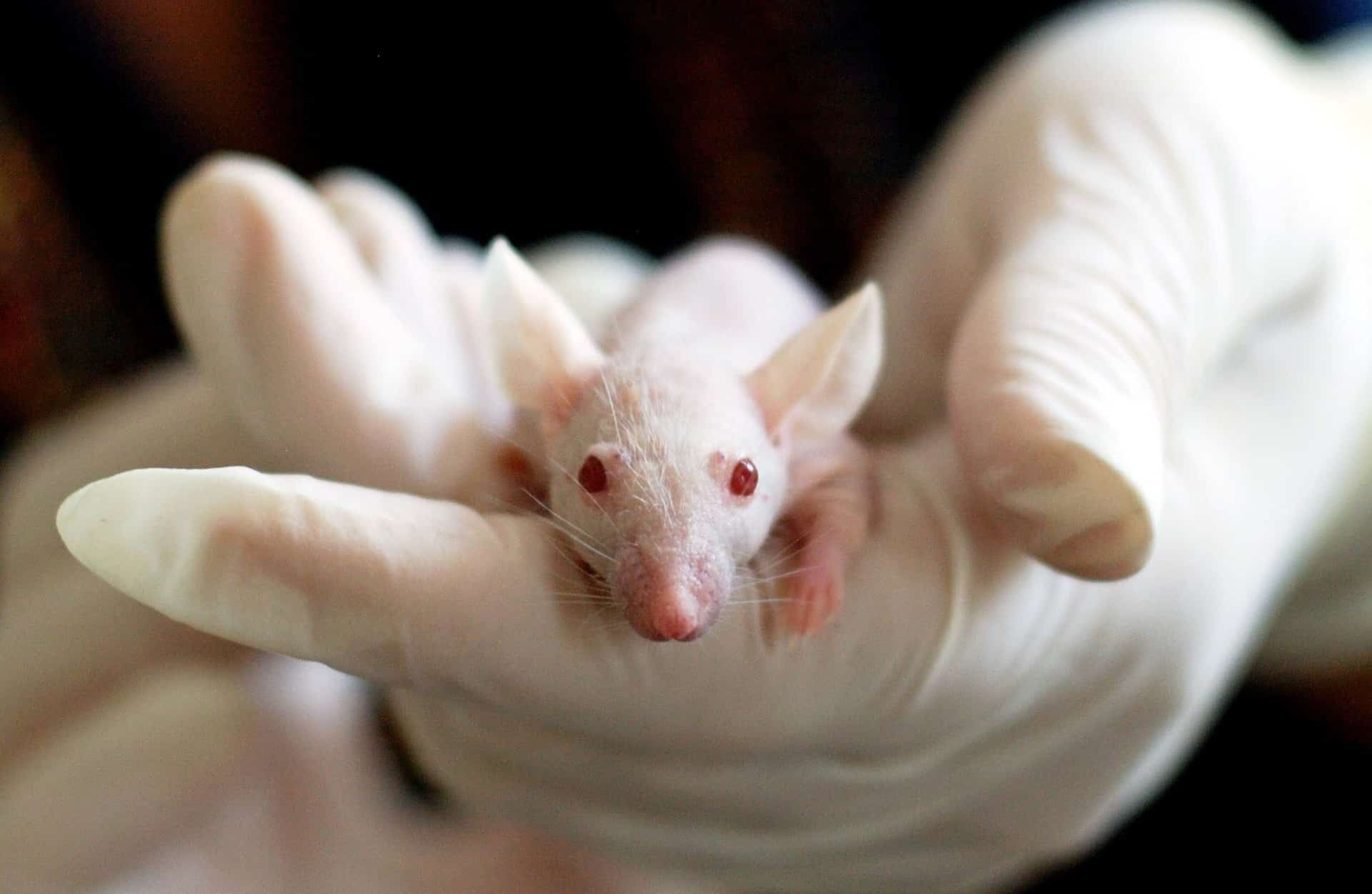According to the study, published in the journal Nature, these older animals to which they applied antibodies targeting myeloid-prone HSCs (my-HSCs) showed a rejuvenated immune system, compared to their untreated peers.
“The treatment restored the balance of mother blood cell (HSC) populations, thus influencing the rejuvenation of the rodents’ immune system,” the experts in charge of the research detailed.
The Stanford University specialists said that the aging of the immune system is due to alterations in the populations of hematopoietic stem cells (HSC), known as ‘blood stem cells,’ a natural process that occurs as animals and humans grow.
During this entirely normal phenomenon, a decrease in activity to produce new lymphocytes; and an increase in inflammation (response to eliminate a pathogen in the body) and the appearance of myeloid diseases takes place.
Thus, for example, the elderly are more vulnerable to serious infections caused by pathogens such as influenza virus and SARS-CoV-2.
In addition, the elderly generally have lower responses to vaccination than younger people.
jrr/arm/mem/cd










